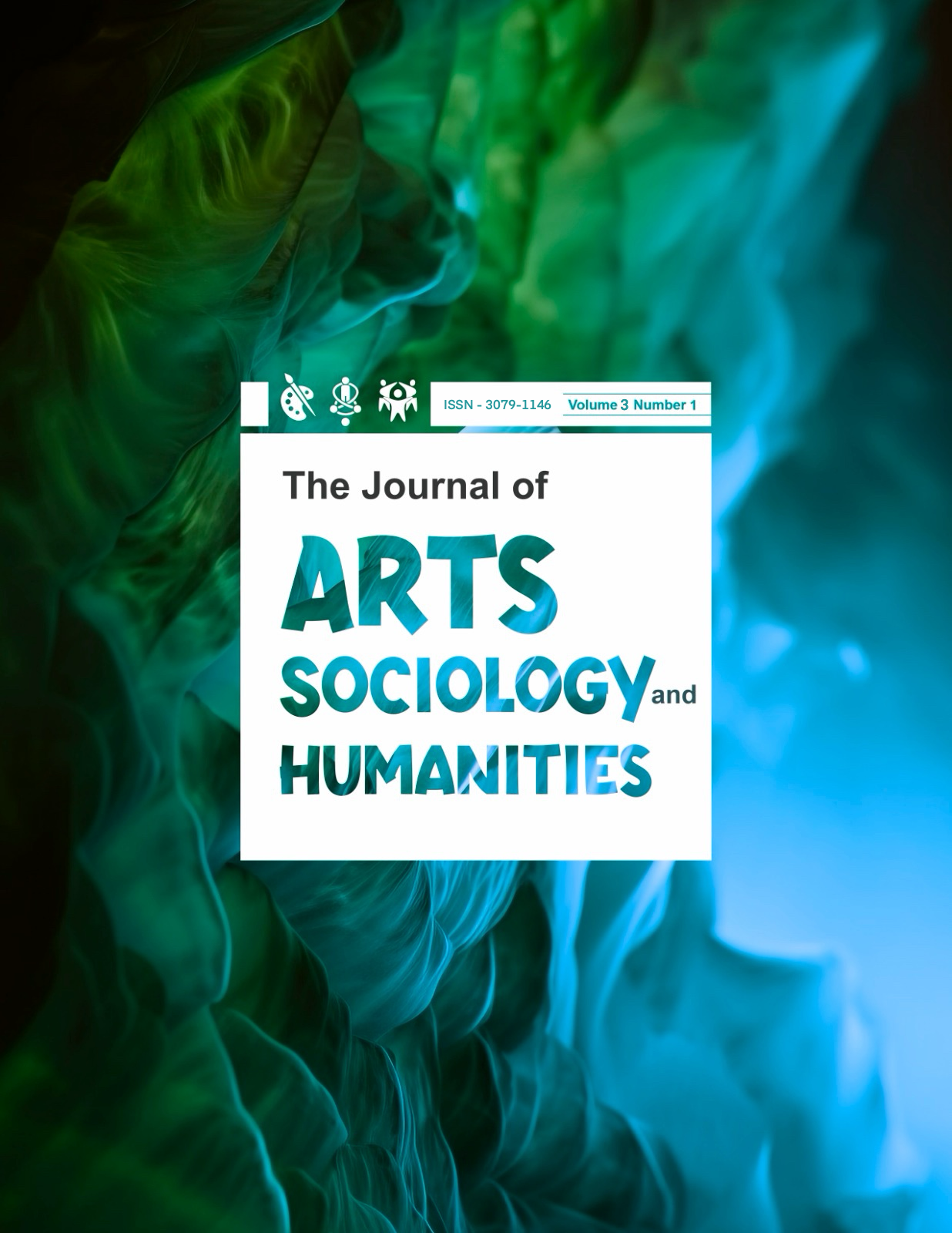Islamic Feminism and Misconception about Women in the Muslim World
Abstract
This article examines scholarship delineating, defining, and assessing Islamic feminism, emphasizing Quranic exegesis and jurisprudence (Fiqh) as foundational to its conceptualization. Accurate interpretations of these sources are deemed vital for advancing Islamic feminism within Muslim societies. Quran-focused approaches prioritize justice in divine-human and human relations, challenging patriarchal structures as incompatible with tawhid (divine oneness). Islamic feminists confront external misconceptions, notably Western media and policy-making’s “good/bad” Muslim woman binary, which perpetuates stereotypes and ideological narratives affecting gender relations. Simultaneously, they counter patriarchal interpretations rooted in classical Fiqh’s four jurists, opposing gender-sensitive family law reforms. This dual resistance addresses internal and external oppression, offering theoretical support for Muslim women’s pursuit of equality within an Islamic framework. The article also explores Western feminism’s influence on Islamic feminism’s evolution, highlighting its role in shaping contemporary discourses while navigating juristic challenges and external stereotypes. By challenging both entrenched patriarchal norms and externally imposed binaries, Islamic feminism carves a path for gender justice grounded in Islamic principles.
Keywords: Islam, Feminism, Social Justice, Muslim Women, Islamic Jurisprudence, Muslim World






